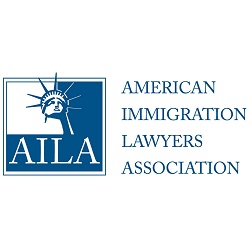Each year many students plan to go to the U.S.A. to study and a number would like to stay and work during their course of study and following their graduation. This is generally not an option on the student F1 or M1 visas but it is with the EB-5 visa which provides permanent resident status.
A number of students have been financed by relatives for the EB-5 visa which not only enables them to work as they wish during their course of study but also to remain permanently in America to develop their career and life as permanent residents and if they wish, after five years, apply for US citizenship.
Students in the USA on the F1 or M1 visa want to stay or work after graduation
Many students who go to the USA to study would like to work as they study and/or following their graduation. As set out below, this is not generally an option on the student F1 or M1 visas but it is with the EB-5 investment visa which provides permanent resident status.
A number of students have been financed by their family or relatives for the EB-5 visa which not only enables them to work as they wish during their course of studies, but also to remain in America as permanent residents and develop their career and life as US citizens (after five years as permanent residents) if they wish.
The EB-5 visa requires $900,000+ to be utilized by an an approved regional center program to create jobs in America; usually your money is tied up in this program for five or six years.
F Student Visas for study in the USA
The F category visas are related to study in the U.S. They are for use by students and their immediate family members. There are two subcategories of F visas.
• F-1 student visa.
The F-1 student visa is designed for a student who is pursuing a full-time course of study at an academic school, community college, or university; full-time course of study means that the student must take at least 12 semester hours per academic term. The student is admitted for “duration of status,” which means that the period of legal status in the U.S. is defined by the timeframe designated for completion of the academic program on the I-20 form that is issued by the school. It is possible to transfer between schools or to advance to higher degree programs without having to apply to USCIS to change or extend status. If the student needs to travel outside of the U.S., then it will be necessary to apply for a new visa at the U.S. consulate in the student’s home country. If the student does not need to travel outside of the U.S., then renewal of the visa stamp is not necessary.
F-1 student visa holders have a number of restricted opportunities to work in connection with their studies. These include the following:
• The student is eligible to work on campus part-time (20 hours or less per week) anytime without additional permission.
• After completing nine months of the academic program (not available for ESL program students), under the so-called Curricular Practical Training (CPT), the student can work off campus part-time during the academic year or full-time during summer or winter vacation, but in total for no more than one year (the time spent working part-time counts only half for purposes of the time limit).
• Upon completion of the academic program, under so-called Optional Practical Training (OPT), the student can also pursue full-time employment in the field in which the student just completed his or her studies. Students in Science, technology, engineering, or mathematics are eligible for an extension for an additional 17 months of full-time work in their field.
F-2 visas.
F-2 visas are for use by the spouse and minor children of the F-1 visa holder, with minor children being defined as those under the age of 21 who are not married (married children under 21 do not qualify as an F-2 dependent). F-2 dependent children can attend public or private elementary and secondary schools, but neither the dependent children nor the spouse can study in a post-secondary institution (community college or university) without first obtaining his or her own F-1 visa.
An alternative to the F visa
Each year many students plan to go to the USA to study at the Countries world recognized Colleges and Universities and many would like the opportunity to work as they choose during their studies and find employment in the USA following graduation.
On the visas most students use, the F1 or M1 this is not possible however, the EB-5 investment visa, by allowing permanent residence, enables applicants to study and work as they wish.
An increasing number of students prefer the EB-5 visa as it enables them to develop their career in the USA after graduation and live as permanent residents obtaining US citizenship after five years if they so choose.
For more details on EB-5 investments and the Alien Entrepreneur Investor visa program, contact USAVCS to schedule a consultation with one of our U.S. licensed Immigration attorneys to receive the independent advice you need to help you avoid pitfalls in your applications.


